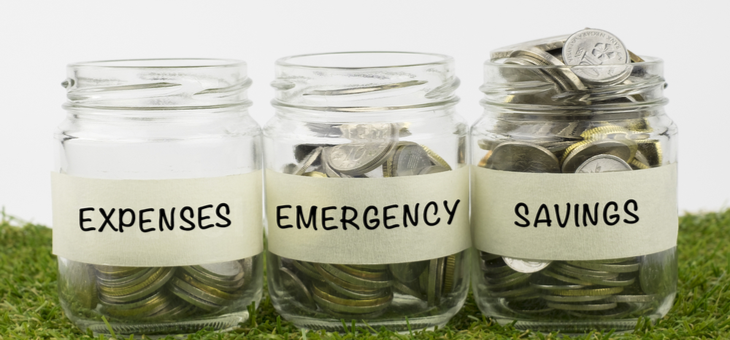According to a recent YourLifeChoices survey, one in five retirees does not have an emergency fund.
Seven per cent of respondents said, “I try but I constantly need to tap into my savings”, while nine per cent said they either can’t save enough or simply couldn’t afford it.
An emergency fund offers some breathing space to deal with life’s challenges. You can use this money if something unexpected happens, such as your car needing major repairs or when the washing machine finally stops – permanently.
Having a savings buffer means you won’t need to borrow money if a crisis occurs and you need money quickly. It can give you peace of mind that you can face any bumps in the road.
The secret to building a savings buffer is to start small and save regularly. It doesn’t matter how much – or how little – you save, you just need to make a start, and then keep going.
For example, if you save as little as $10 or $20 per week, you’ll have $520 or even $1040 by the end of the year. That’s the start of a solid savings account that will give you some financial breathing space.
Saving regularly is the best way to build up your savings balance. Set up a separate high interest account for your savings to go into via automated payments set up with your bank.
If you find a savings account that offers bonus interest for every month you don’t make a withdrawal, you’ll be less likely to touch the money unless it’s an emergency.
Some banks now offer an option to round up purchases you make using a contactless card and this amount is transferred to your savings account. You can set the round-up amount to the nearest $1 or $5.
For example, if you set your round-up amount to the nearest dollar and you buy a coffee for $4.50, your account will be debited with $5 and the 50 cents change will be added to your savings account.
Ways to save every day
Track your expenses
It’s easy to lose track of the money you spend every day. By getting into the habit of recording what you are spending your money on, you’ll be able to identify areas where you can save. Keeping track of your spending can also help you avoid impulse buying.
Save spare change
Who said piggy banks are just for kids? Get an empty jar or ice-cream container and put your spare change into it at the end of each week. When the container is full, deposit the money into your emergency fund.
Prepare a budget
A budget can help you get a better picture of your finances, allowing you to plug any spending leaks you might find.
When to use your emergency fund
Receiving an unexpectedly large or urgent expense is never a good feeling, but having a savings buffer will help to keep your stress levels down. You won’t have to worry about where you’ll get the money to pay for it, and you can focus your energy on solving the problem.
Keep your emergency fund for those expenses you really need to pay now. If you want to use your savings for something else, set a separate savings goal.
Do you have any saving tips for establishing an emergency fund?
Read more at moneysmart.gov.au
Related articles:
Emergency poll’s stunning result
Super still a work in progress
Living longer, living smarter
Disclaimer: All content on YourLifeChoices website is of a general nature and has been prepared without taking into account your objectives, financial situation or needs. It has been prepared with due care but no guarantees are provided for the ongoing accuracy or relevance. Before making a decision based on this information, you should consider its appropriateness in regard to your own circumstances. You should seek professional advice from a financial planner, lawyer or tax agent in relation to any aspects that affect your financial and legal circumstances.

